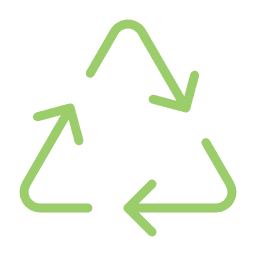Programs That Perform. Impact That Lasts.
From residential treatment centers to intensive outpatient programs and sober living homes, we bring the expertise, infrastructure, and operational leadership to make it work. With a proven track record in more than 80 collaborations across 35 states, our playbook accelerates development, strengthens financial performance, and improves patient outcomes.
Investors
With demand for behavioral health outpacing supply, our turnkey model from financial pro forma to full scale operations delivers speed to market, sustainable cash flow, and asset appreciation.
Ascension RS provides a turnkey strategy from pro forma to patient care. We handle licensing, payer contracts, staffing, accreditation, and operations while you retain ownership. With demand outpacing supply nationwide, our proven model accelerates time to cashflow and maximizes valuation.


year one and stable performance within 24 months


and long-term value creation.
Tribal Nations
Ascension Recovery Services partners with Tribal Nations to transform opioid settlement dollars into sustainable, tribally owned behavioral health campuses that create both economic and social impact.
Our model is rooted in trust, sovereignty, and long-term value creation. Together, we co-develop facilities on Tribal land that create 40–60 quality jobs, stimulate local economic growth and expand access to culturally responsive care.




and long-term value creation.
Nonprofits
We know how to fix programs on the brink. Our team steps in as a true partner—driven by outcomes, not just fees. We provide the operational, financial, and payer contracting expertise to turn mission-driven organizations into thriving treatment centers.




City Governments
Our model combines compassion, structure, and operational excellence to turn blighted properties into thriving recovery campusesreducing strain on emergency services, revitalizing neighborhoods, and improving public safety.




Hospitals & Health Systems
Emergency departments across the country are overwhelmed with behavioral health and SUD that consume resources, reduce capacity, and drive uncompensated care. We build and operate specialized off-campus facilities that relieve pressure on the hospital, optimize patient flow, and capture reimbursement that’s often lost in the ED.




